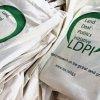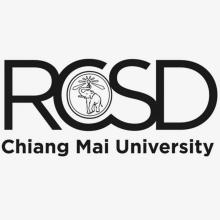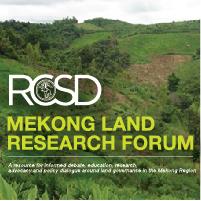Resource information
Scholars have produced valuable insights on the question of recent “land grabbing” in the global South. They have, however, insufficiently studied the issue from below, particularly from the point of view of a crucial group in the land conundrum: the rural youth. This paper brings to the fore the perspectives of Laotian rural youngsters amidst a hasty agrarian transition, in which the borisat (company) –in the form of large monoculture plantations– has permeated both the physical landscape and the daily narratives of people. Critical stances on the Foucauldian approach of governmentality are useful to challenge the idea that (young) rural populations facing agrarian change are mere ‘subjects of power’. Through ethnographies in the province of Champasak, the paper analyses how do young people’s aspirations of a ‘better life’, either verbally expressed or enacted through other media, play a role in the way they understand and cope with outcomes of livelihood change vis-à-vis more powerful actors, including their root households. Although young people’s aspirations reflect a growing material impossibility to inherit or acquire farmland, there are also subjective meanings that unveil a preference for salaried work (off-farm), which more rapidly fulfil needs of autonomy and peer identification. Land concessions for rubber and coffee plantations, which predominantly target young labour in the studied sites, have become a source of such salaried work –not without major constraints and exploitative situations for the majority.






